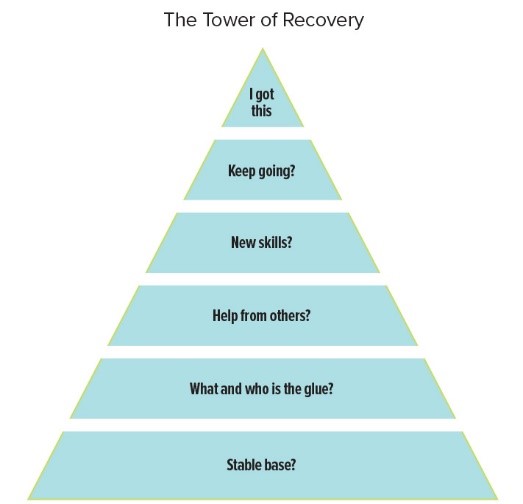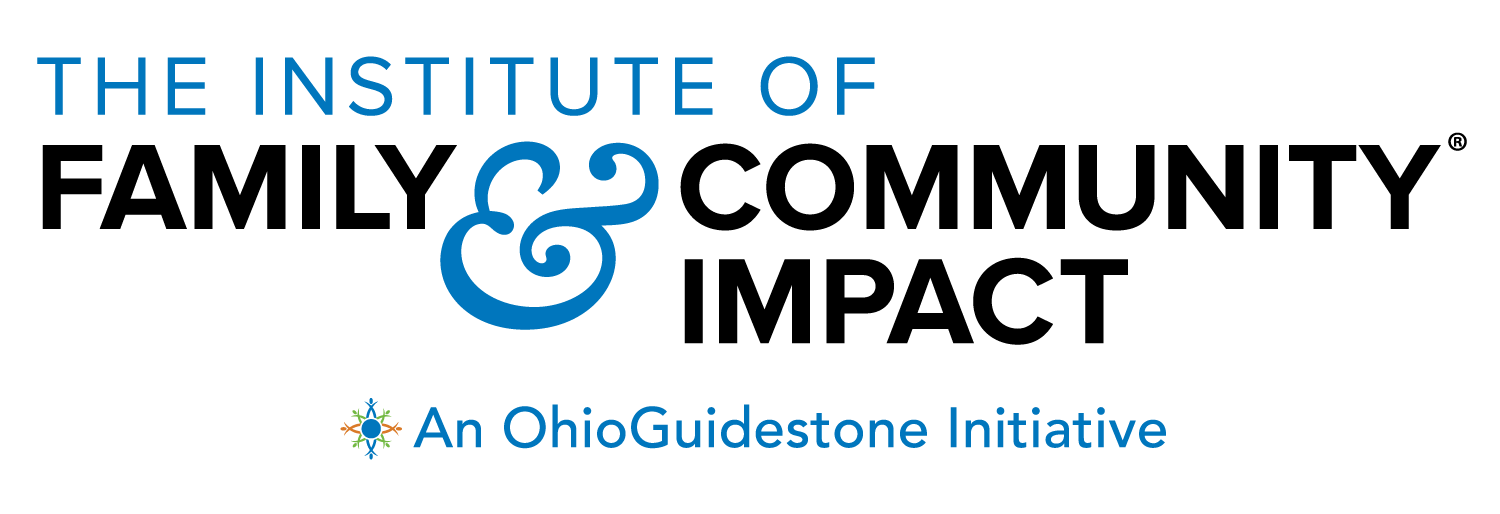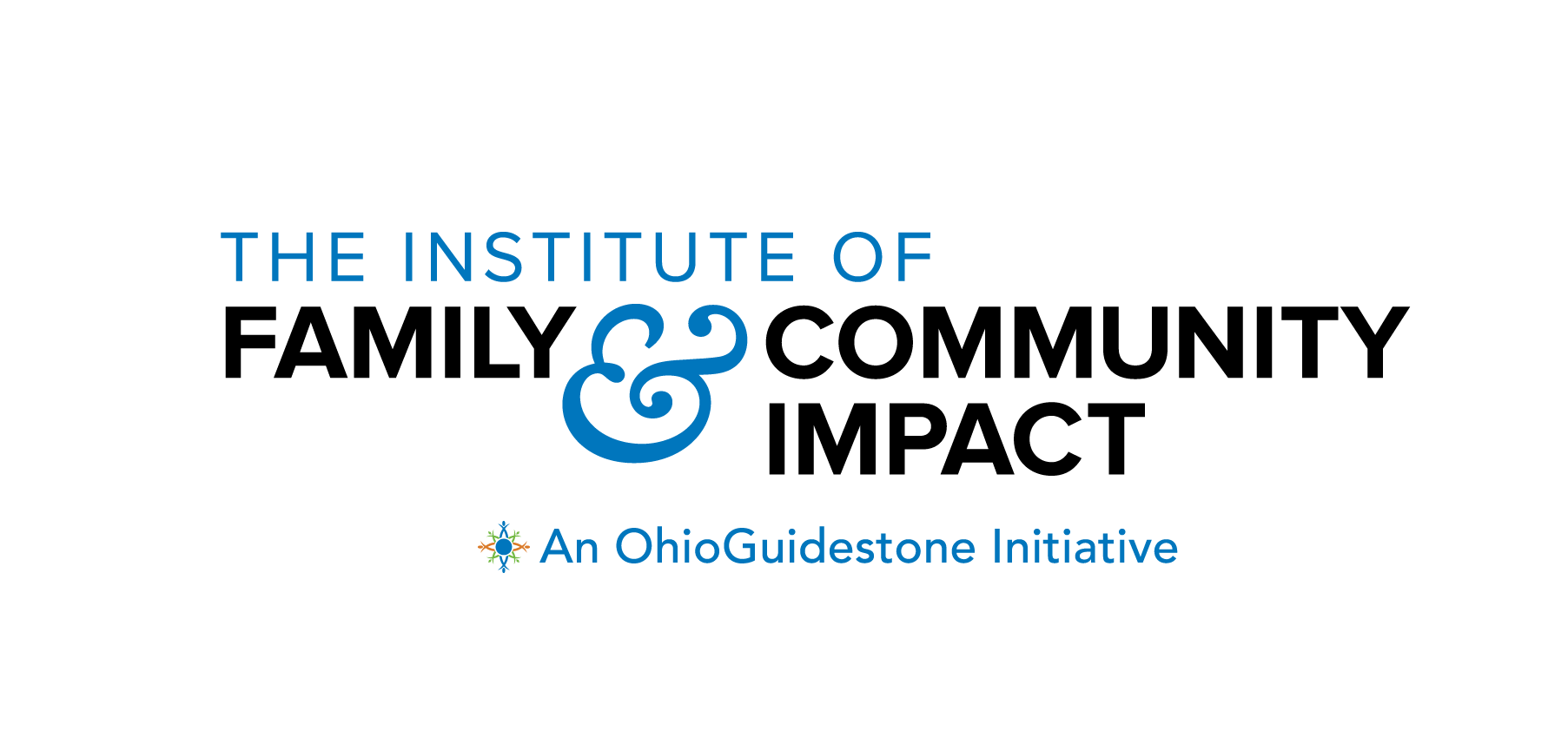
The Tower of Recovery: Free 9-Step Collaborative Recovery Intervention
Table of Contents
What is This Collaborative Recovery Intervention and Why Are We Sharing it?
This month we conclude our focus on addiction with a collaborative recovery intervention contemplating the importance of support, connection, and teamwork in recovery. We share our 9-step Tower of Recovery intervention as a resource to behavioral health professionals and clients in our community.
Recovery is not a one-person event or process. Addiction can bring with it the loss of meaningful and sober connections. Addiction isolates, and this isolation maintains and grows addictive processes. Recovery, on the other hand, needs and invites collaboration and connection. As humans, we are wired to thrive in connection.
When in recovery, we may need to rediscover and re-learn the need for collaboration and connection. The following intervention illustrates this need for collaboration and connection in recovery.
This collaborative recovery intervention is well-suited for group work, but can be adapted for individual work.
The Tower of Recovery- A Collaborative Recovery Intervention
Stages of Change: Preparation, action, maintenance.
Goal: Develop client-driven recovery plan.
Method: Client will increase communication, decision-making, and problem-solving skills.
What you will need: Old newspapers and magazines, lots of tape, scissors.
1. Begin With Empathy. Welcome Group Members and Ask who was Supportive of their Recovery in the Past Week. Ask Questions like:
- Who noticed that you were working hard to stay sober?
- What did it feel like that someone was paying attention to your hard work?
- Who did you have to step away from because they were not supportive?
Then highlight their successes and ability to reflect on sobriety and recovery. Be mindful: Success, of course, does not always mean that sobriety is achieved — for many it means beginning to think about sobriety.
2. Introduce Today’s task: Becoming Creative and Flexible About Building Sobriety. Provide Psychoeducation by Saying Things Like:
- Sobriety often requires us to develop new skills.
- Addiction may tell us to do the same thing over and over.
- Making change is difficult. So becoming more flexible can be tough.
- We often need help when we build sobriety. Accepting help can be tricky because addiction may have told us to keep secrets.
3. Work on Today’s Task:
In a group setting, first separate participants into groups of three to four. Then give each group paper, tape, and a pair of scissors to construct a free-standing structure that reaches the ceiling. The structure cannot be taped to the floor or ceiling. Ask the groups to simply wait quietly for the other groups to finish once they are finished.
4. Give an Opportunity to Ask Questions About the Task and Answer Them.
5. While All Groups are Working, Have a Notepad Ready. Listen to Challenges the Groups Experience. Here Are Some Things to Pay Attention to:
- Does each group have a leader who takes control?
- Do all team members participate? Cooperate?
- Do the groups interact?
- Is there competition among groups?
- Are teams making changes to the structure as it grows? Do they need to go back and reinforce it?
- Do groups learn from each other?
- What does it seem to take to be effective in completing the task?
6. Once Everyone has Completed the Task, or When a Reasonable Amount of Time has Passed, Begin Processing the Activity. Ask:
- What did you need to complete this activity? How did you need to be with each other?
Read back quotes you jotted down during the activity referring to doubts that it could be completed or the need to work together. Help the group reflect on what the activity is about. Ask:
- How does this activity relate to recovery?
- Why do we need to work together in recovery?
- What happens when people do not work together to support each other’s recovery?
- Is everyone working toward a common goal?
- How important is it to be flexible and open to trying new things in recovery?
- What can happen when we become competitive about recovery?
Don’t provide answers. You want your client/group to express in their own words how recovery can work for them. Telling answers is much less effective than experiencing them!
7. Summarize:
You have learned about principles of recovery by building the Tower of Recovery. You have learned that flexibility and cooperation is needed, that building together is much better than building alone, that it is good to learn from each other and ask for help, and that it feels good to support each other.
8. Assign Homework:
Give your client(s) the following worksheet to complete at home with the help of a friend, family member, or sponsor.

Ask them to name at least one action, behavior, situation, or person that supports their Tower of Recovery for each section of the tower and to bring the worksheet back to your next meeting.
9. Closing this Collaborative Recovery Intervention:
In a group setting, ask everyone to say something encouraging to the person to their left. If you need to, you can give examples like these:
- You don’t have to do this alone.
- We are building a stable base for recovery together.
- Sometimes we all have to rebuild. That’s OK.
- It’s important to keep going, step by step.
Explore More Collaborative Recovery Interventions in Our Products!
Be sure to browse our full library of products, including our clinical manuals designed for a wide variety of contexts and treatment strategies. Within these products you can find more collaborative recovery interventions!

Reinhild Boehme
Reinhild Boehme is a full-time lecturer at the Department of Social Work at Cleveland State University and clinical fellow at the OhioGuidestone's Institute of Family and Community Impact. Regarded as an expert in Trauma-Informed Care and community-based mental health, Reinhild brings substantial experience in clinical practice with diverse populations and the supervision of multi-disciplinary staff. Significant contributions include authoring the Institute of Family and Community Impact’s clinical treatment and intervention manuals, adapting evidence-based practices to the community mental health setting, as well as the creation of the innovative CBT Plus model. A skilled and experienced trainer and public speaker, Reinhild developed a Trauma Informed Care Training and Certification program for community mental health providers and isfrequentlyrequested as a speaker on issues of mental health treatment. Further accomplishments include contributions to the literature on imagery in mental health treatment. Both her work and her worldview are significantly informed by her experience as a mother and as a proud immigrant, negotiating and navigating two cultural identities. As such, she is passionate about amplifying the voices and experience of migrant and immigrant people in mental health treatment and evidence-based practices. Reinhild received herMaster’s Degree in Social Workfrom Widener University and herMaster’s Degree in Religionfrom Temple University and is a Licensed Independent Social Worker with supervisory endorsement.


